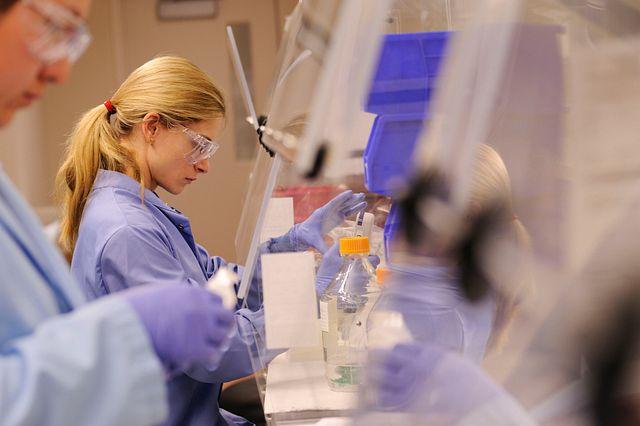Bioanalytical method development and validation are critical to understanding the intrinsic properties of pharmaceutical products. Liquid chromatography-mass spectrometry (LC-MS) combines the separation potential of liquid chromatography and the detection capacity of mass spectrometers. Today, LC-MS bioanalytical testing is commonly employed for the quantitative and qualitative assessments of drug products and biological study samples. Bioanalytical development and assay validation include procedures that demonstrate the suitability of a particular method, for example, in vitro assay development of quantifying analytes in a given study matrix. The current article discusses LC-MS method development and validation with respect to the benefits of assay development services.
Advantages of LC-MS assay development services
Analytical method development and validation for quantifying chemical and biological substances is crucial for the success of clinical and nonclinical programs. LC-MS method development and validation services have in-depth knowledge of handling complex study materials and assessing drug compounds in all stages of drug discovery and development.
Measuring biological and chemical concentrations is critical for toxicokinetic and pharmacokinetic studies at different phases of clinical trials. The data generated from thoroughly validated and well-characterized bioanalytical methods instill confidence in the reliability of the experimental data to support regulatory submissions. Both LC-MS and HPLC systems can be used for bioanalysis. Each of these systems has its unique advantages. HPLC systems coupled with other detectors, such as UV or fluorescence, can estimate several compounds. However, the primary advantage of coupling MS detectors with LC-MS units is the ability to elucidate structural information requiring minimum sample treatment and detection at lower limits. Besides, LC-MS systems can detect a wide range of analytes with different polarities.
Bioanalytical method development should be carefully designed with defined operating conditions, limitations, and applicability for subsequent method validation. Method development focuses on identifying the best conditions and procedures for detecting analytes in complex study materials. However, it is crucial to understand that each bioanalytical method has its unique characteristics and hence may vary. . Besides LC-MS and LC-MS/MS systems, bioanalytical laboratories develop other assay systems such as qPCR and flow cytometry assays.
Validation of a method generates reliable data that can help scientists make critical yes-no decisions while developing potential drug candidates. LC-MS assay services are well-versed with regulatory requirements and can validate individual bioanalytical methods depending on applicable industrial regulatory guidance. Besides, they ensure that the developed method is suitable for its intended application to yield robust experimental results for precision, specification, and accuracy. From early drug discovery studies to preclinical and late-stage clinical trials, LC-MS modifications include:
- Additional metabolites.
- New biological markers.
- Adjustments in parameters to minimize interference.
- A lower limit of quantification.
additional metabolites, new biological markers, adjustments in parameters to minimize interference, and a lower limit of quantification.
An experienced LC-MS assay service provider can be the key to minimizing unwanted errors. Reliable assay partners will have a dedicated team to ensure that your molecule of interest is supported by the best bioanalytical assay systems with robust method development and validation protocol to meet regulatory and drug development timelines. Hence, ensuring a dedicated LC-MS service provider is critical for bioanalytical method development and validation.
Read More: Analytical Lab Testing: How Bioanalytical Laboratory Services Can Support Drug Development
